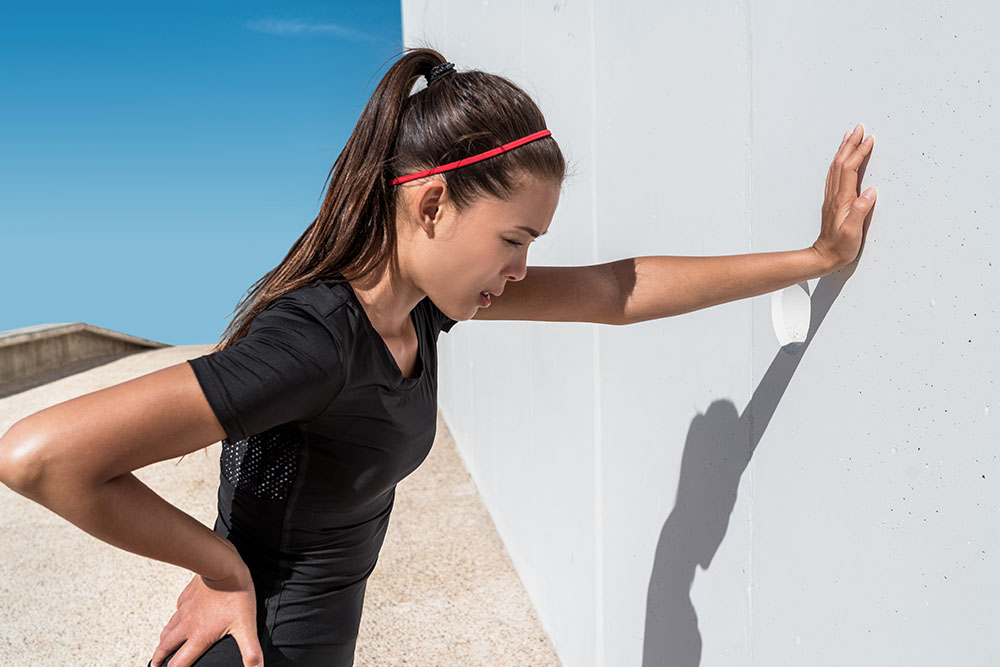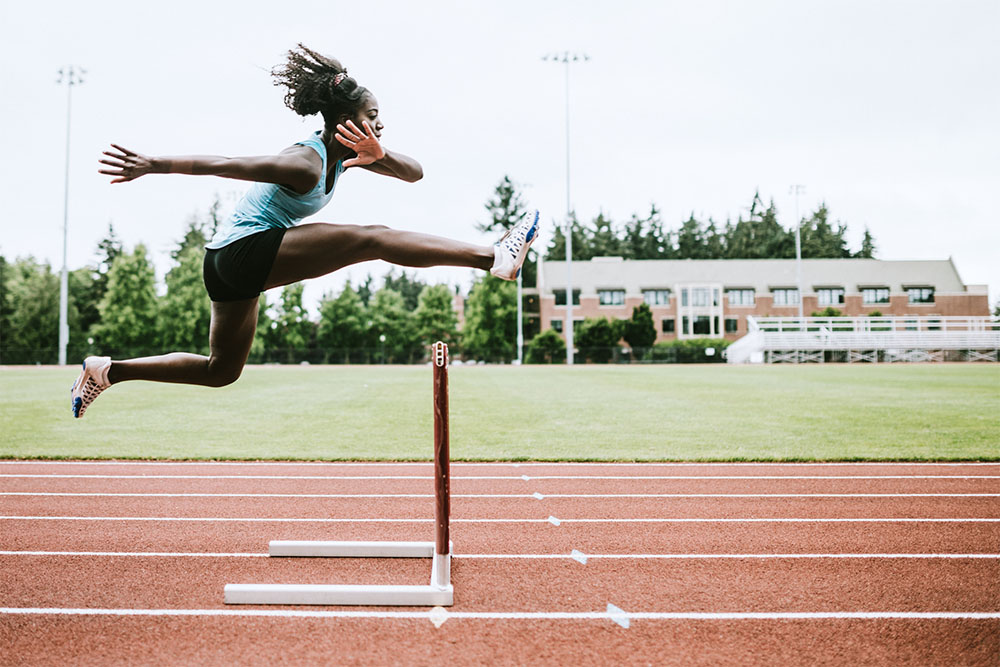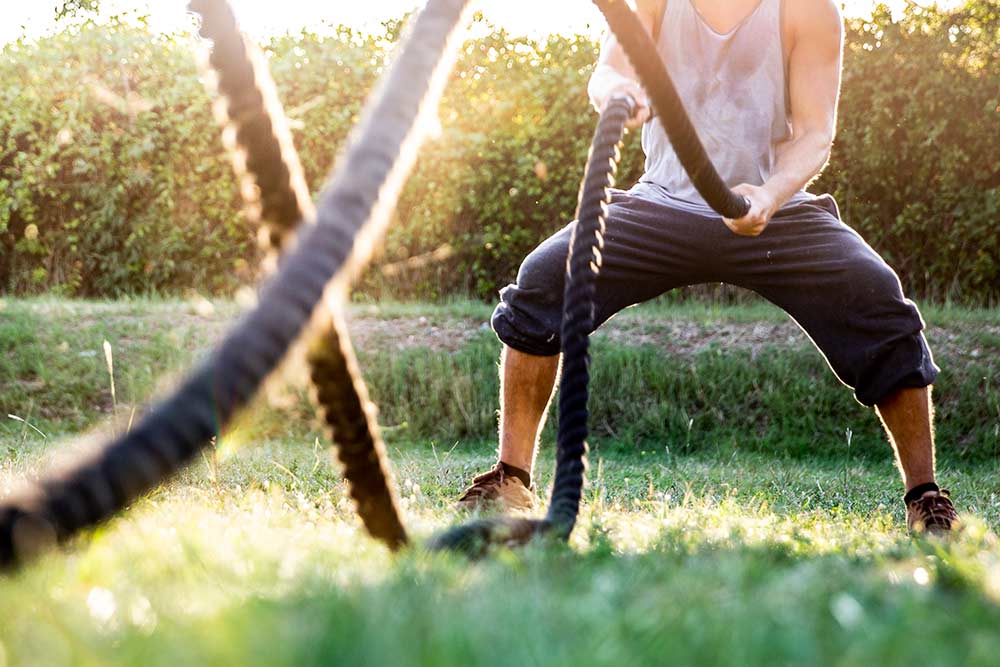The Benefits of Sports Variation
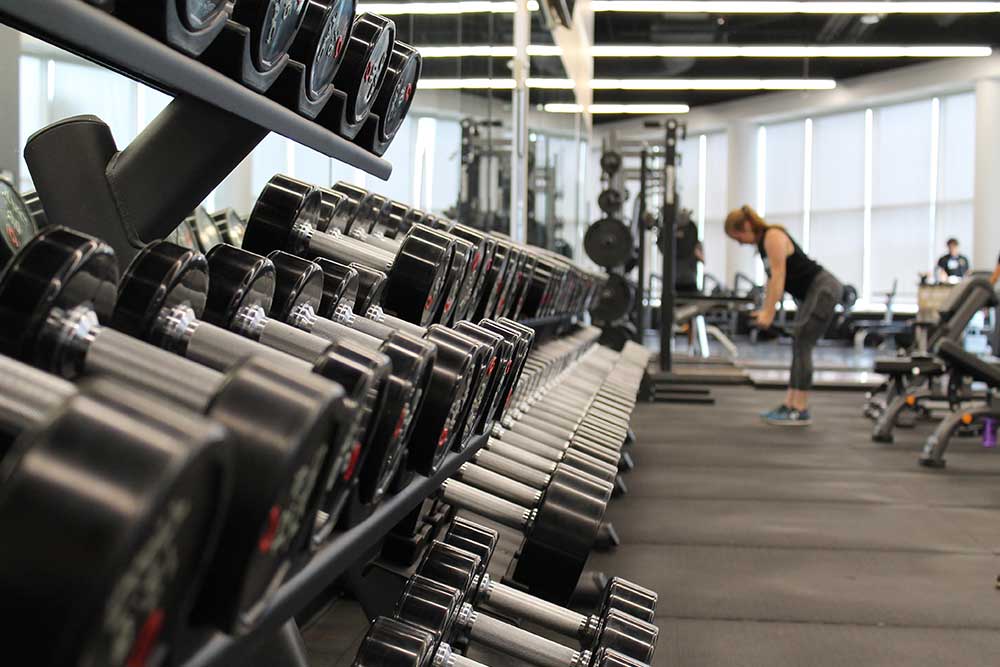
Hunter Bennett
There is a common line of thought suggesting that to become great at something, you need to focus on that single thing and dedicate as much time to it as humanly possible. For the most part, this does hold some truth to it.
To become the best in the world at a given sport, you do need to practice that specific sport a hell of a lot.
This is quite obvious, and really, it makes a whole lot of sense.
However, for us as humans, this specialization may also be to our determinant.
In fact, there is a reason to believe that actively participating in different sports may be much more beneficial for health. Additionally, it could benefit physical development and musculoskeletal capacity more than simply sticking to the single sport indefinitely.
What is Sports Specialization?
We could simply define sports specialization as the intense, year-round training of a single sport, in conjunction with the exclusion of other sports (Malina, 2010).
While variations on this general definition do certainly exist, they all have a very clear thing in common. They indicate that a person sacrifices the potential performance of other sports to focus all their energy and effort into one.
This may undoubtedly have merit in adult athletes who aim to reach the top level of their chosen sport. However, there is research to suggest that it may actually have some rather negative effects in certain populations.
Related Article: Developing & Maintaining Athleticism
Early Sports Specialization
When researching sports specialization, the most common group discussed is children and youth athletes. This is often in conjunction with the term early sports specialization.
As previously discussed, there is a general agreement that the number of hours spent deliberately training for a particular sport will positively correlate with the level of achievement in that sport. It is a concept that stems from early research on musicians.
This particular research found that those musicians who had spent over 10,000 hours practicing their instrument of choice were almost always more successful. This is especially when compared to their peers who had accumulated 7000 hours or less.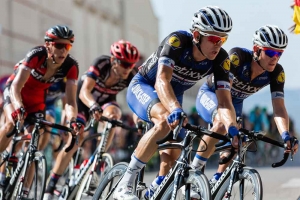
Moreover, this same research showed that those musicians who began their training at around 5 years of age were much more likely to become more successful than those who started later in life.
Essentially, those who began after age 5 were unable to catch up.
However, research in athletes has not shown the same association.
In fact, research has consistently demonstrated that early intense training is not essential for achieving elite levels of performance in all sports. Rather, for most sports, early diversification and sports variation is much more likely to lead to success (Jayanthi, 2013).
Alternatively, in this scenario, early sports variation has some rather significant downfalls.
What Are the Negatives Associated With Early Sports Specialization?
Physical Impact
Young athletes who specialize early have been shown to be at a significantly greater risk of injury than those individuals who perform a variety of sports. This is irrespective of whether the total training volume between the two groups is the same (Jayanthi, 2015).
While we cannot be one hundred percent sure as to the reason for this finding, it is likely two-fold.
Firstly, those athletes who specialize in a single sport will undoubtedly find themselves repeating the same movements over and over again. This repetition can easily overload specific tissues of the body, leading to an increased risk of injury.
Conversely, those athletes who diversify do not get this same repetitive tissue strain.
Secondly, those athletes who participate in a variety of different sports get the opportunity to develop several physical qualities simultaneously. As a result, they have the capacity to become a more robust individual, in which they can more effectively handle the physical demands placed upon them in unexpected sporting scenarios.
Alternatively, while those who specialize may become extremely competent at the specific skills involved in their chosen sport, their physical capacity remains very narrow. In other words, they can only handle the physical demands placed on them within a specific sporting context.
As a result, they are less equipped to handle the unexpected physical demands that may arise in open competition, thus increasing their risk of acute injury.
Psychological Impact
In conjunction with the physical impact of early specialization, it has also been suggested to have associated psychological implications (Myer, 2015).
You see, there are increased pressures associated with intense, specialized, training and competitions. This has been shown to significantly increase the risk of developing burnout, depression, and anxiety.
Additionally, research on young athletes has shown that professionalized, adult-style practices can actually inhibit talent development pathways.
Specifically, it has been shown that children and adolescents need to enjoy the activities of their domain to ensure intrinsic motivation. Without enjoyment, there is no desire to maintain participation or achieve goals.
As a result, increased rates of physical inactivity and drop out are increasingly common in children who specialize too early (Wall, 2007).
What is Sports Variation?
On the flip side, we have sports variation.
As its name suggests, sports variation (also known as sports diversification) essentially describes the process of actively performing more than one sport across the year’s duration.
This doesn’t necessarily mean trying to become the best in the world at several different activities. Rather you should partake in a number of sports that require different skill sets. As a result, this variation ensures the development of several physical characteristics simultaneously, whilst also keeping enjoyment levels high across the year.
With all this in mind, it essentially eliminates the negative effects of early specialization. If your child does look to have a career in elite sport, they shouldn’t really begin to specialize until they get closer to college.
But how does this affect us as adults?
What Are The Benefits of Sports Variation in Adults?
As adults, we have a tendency to gravitate towards those activities that we enjoy – which makes sense. If we are training for the sole purpose of maintaining a fit and healthy lifestyle, then why not do things that we find fun?
This is likely to improve adherence, motivation, and therefore effectiveness.
However, it does again have some pitfalls.
Much like in the scenario of early specialization outlined above, limiting yourself to strictly performing one specific task for years on end greatly increase your chance of developing an overuse injury.
Similarly, it can also limit the development of numerous physical qualities.
While this doesn’t sound all that bad, it is important to note that to maintain a high quality of life throughout the duration of your lifetime, you need to maintain the physical capacity to navigate through life effectively (Rennemark, 2009).
This means you need to have adequate strength, power, and reaction time. Additionally, you have the ability to respond to unexpected situations effectively. They are all skills that come with actively choosing to diversify the sports that you play, either in a competitive or social setting.
In doing so, you can prepare your body for the rigors of daily life. It will ensure that you can handle absolutely anything that is thrown your way.
Not to mention that fact that performing team sports in more social environments have been shown to have a myriad of mental health benefits. Health benefits include increased self-esteem, lower risks of depression and anxiety, and even heightened life satisfaction (Eime, 2013).
In short, sports variety can have a huge impact on your life.
Related Article: The Best Workout Combination: Endurance Training and HIIT
How Should I Train for Sports variety?
So, we know that participating in different sports can have an immensely positive impact on both the physical and psychological aspects of your life. But most of us also realize that there is some risk associated with performing a sport we are not accustomed too.
Namely, the risk of injury, and of course, the chance of being somewhat average at it (which obviously improves through participation).
But this risk can be mitigated by ensuring that you are adequately prepared for any sport in a completely physical sense. This is done by dedicating your own training to developing the most important physical qualities that underpin all sport.
Specifically, aerobic capacity, muscle strength, muscle power, and landing ability.
By ensuring that you train each of these qualities in a gym environment, you can be certain that you are at the very least prepared for the physical demands of any sport. It will not only improve your performance capabilities but also lowering your risk of injury.
The Best Sports Variety Gym Program
Taking the above into consideration, I have put together a simple gym program that can be performed 2-3 times per week. This program targets the fours key qualities outlined above, ensuring that you are well prepared for literally any sport.
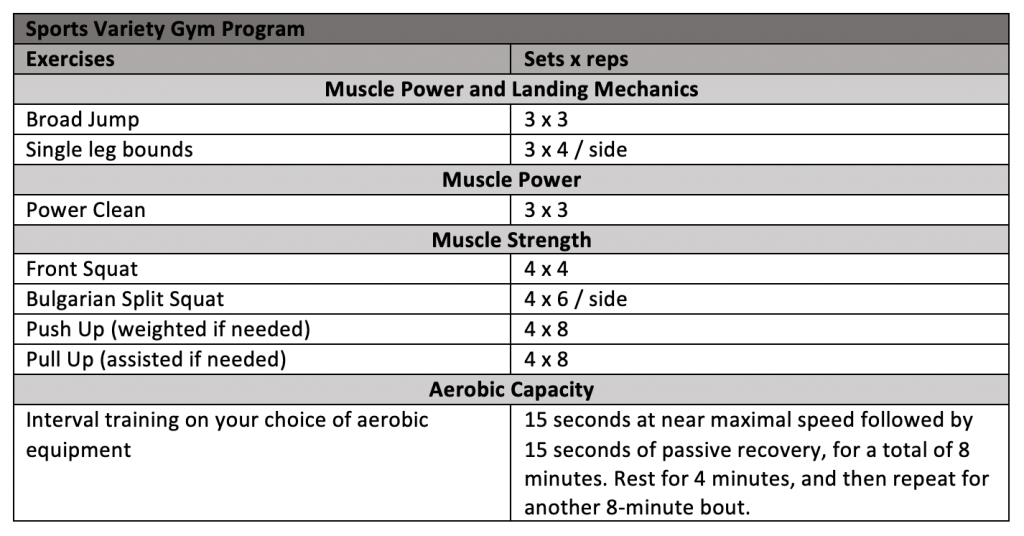
Take Home Message
In conclusion, sports variety is so much more than just playing different sports. It provides the opportunity to develop the broad foundation of physical capacity required to navigate daily life effectively.
In children, this can lead to seriously improved outcomes in sporting scenarios and improvement in health. Similarly, in adults, it can lead to better functional capacity, psychological health, and even greater quality of life.
It truly is one of the most enjoyable ways to boost health and function on the planet.
References
Malina, Robert M. “Early sports specialization: roots, effectiveness, risks.” Current sports medicine reports 9.6 (2010): 364-371.
Jayanthi, Neeru, et al. “Sports specialization in young athletes: evidence-based recommendations.” Sports Health 5.3 (2013): 251-257.
Jayanthi, Neeru A., et al. “Sports-specialized intensive training and the risk of injury in young athletes: a clinical case-control study.”. The American journal of sports medicine 43.4 (2015): 794-801.
Myer, Gregory D., et al. “Sports specialization, part I: does early sports specialization increase negative outcomes and reduce the opportunity for success in young athletes?.” Sports Health 7.5 (2015): 437-442.
Wall, Michael, and Jean Côté. “Developmental activities that lead to dropout and investment in sport.”. Physical education and sport pedagogy 12.1 (2007): 77-87.
Rennemark, Mikael, et al. “Relationships between physical activity and perceived qualities of life in old age. Results of the SNAC study.” Aging and Mental Health 13.1 (2009): 1-8.
Eime, Rochelle M., et al. “A systematic review of the psychological and social benefits of participation in sport for children and adolescents. Informing development of a conceptual model of health through sport.”. International journal of behavioral nutrition and physical activity 10.1 (2013): 98.
You Might Like:


